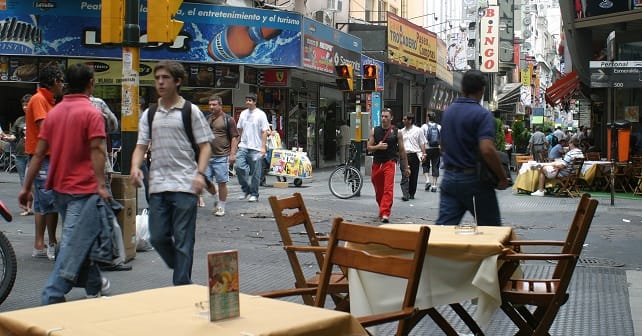'Smarter' isn't enough ... cities also need 'better'

Will the average resident of a city enjoy better opportunities for learning, entertainment and work with access to high-speed broadband? There’s no doubt that the answer is “Yes.”
And will the typical person who commutes to a busy central business district every day benefit from a smart traffic system that monitors congestion, accidents, train arrival times and passenger loads in real time? Of course … who would complain about an easier, faster commute to work?
But internet connectivity and efficient transport alone don’t make for better city living overall. Everything from access to high-quality education and ample job opportunities to usable, welcoming public spaces and an engaged citizenry are also among the things that help improve life in urban spaces. And these other things go beyond the “smart” that technology alone can deliver … they require human smarts — leadership skills, open communication, fairness, creativity and compassion — as well.
The excitement over cool technologies for urban living are likely to eventually wane (you can already find some “smart-city” initiatives that seem to have run out of steam or have reinvented themselves with newer, cooler labels — Cisco’s affection for “Smart + Connected Communities,” for example, has now moved on to the “internet of everything”). What shouldn’t be allowed to wane, though, is the interest in making cities — the places where most of humanity now lives — better for those who live in them, whether that requires smarter technology or smarter leadership.
As always, keeping cities livable, vibrant, efficient and vital will require both.




